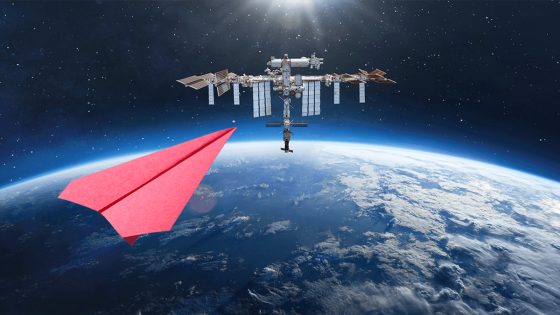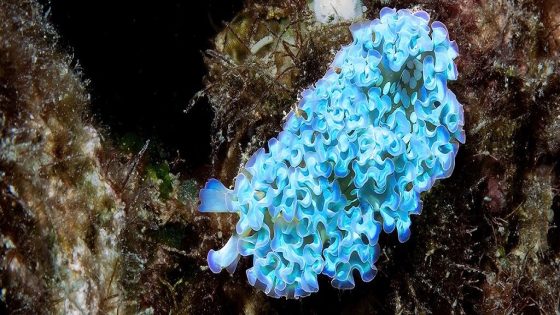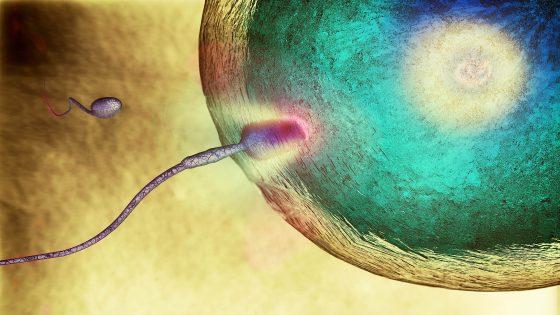In a future where humanity’s influence has waned, the question arises: which species will dominate Earth? Surprisingly, octopuses could emerge as the leading contenders for survival in this post-human world. As we ponder this scenario, it’s essential to consider the remarkable intelligence and adaptability of these ocean dwellers.
- Earth may become dominated by octopuses.
- Octopuses exhibit advanced problem-solving abilities.
- Their decentralized neural system enhances adaptability.
- Solitary nature provides survival advantages.
- Potential to evolve for land exploration.
- Other intelligent species may struggle without humans.
Recent discussions, including insights from Professor Tim Coulson of Oxford University, highlight that octopuses possess cognitive abilities comparable to some mammals. With around 500 million neurons, many located in their arms, these creatures can solve complex problems, use tools, and even escape enclosures. Could they thrive in a world devoid of human structures? The answer may surprise you.
As we explore the implications of octopus evolution, one wonders how their solitary nature might grant them an edge over more social species. Unlike dolphins and crows, which rely on group dynamics for survival, octopuses can thrive independently. Consider these points:
- Octopuses have advanced problem-solving skills and dexterity.
- They can survive in extreme environments, showcasing remarkable adaptability.
- Their solitary nature may allow them to fill ecological niches more effectively.
- Future evolution could enable them to explore land and build shelters.
As we look to the future, it’s crucial to explore how these fascinating creatures might evolve. Could the octopus become a symbol of resilience and adaptability in a changing world? Only time will tell.

































